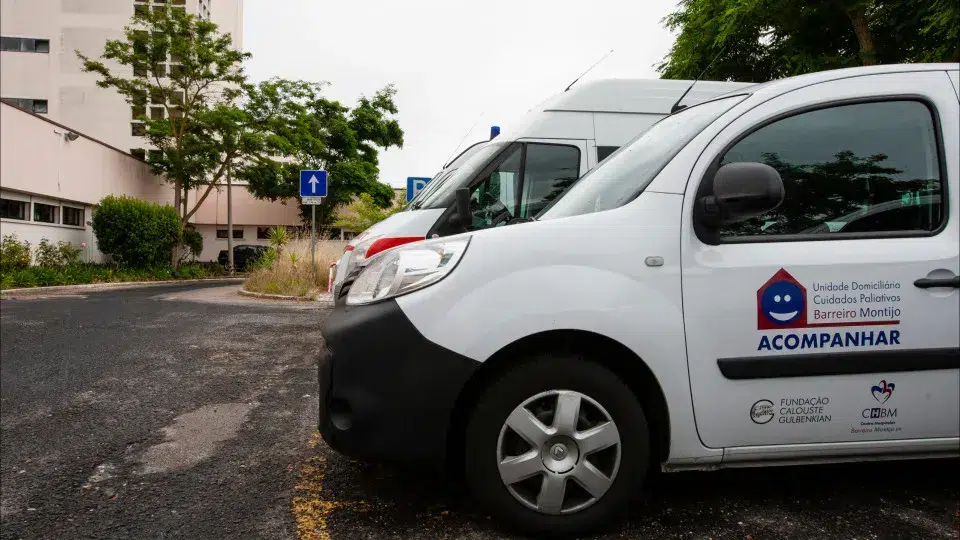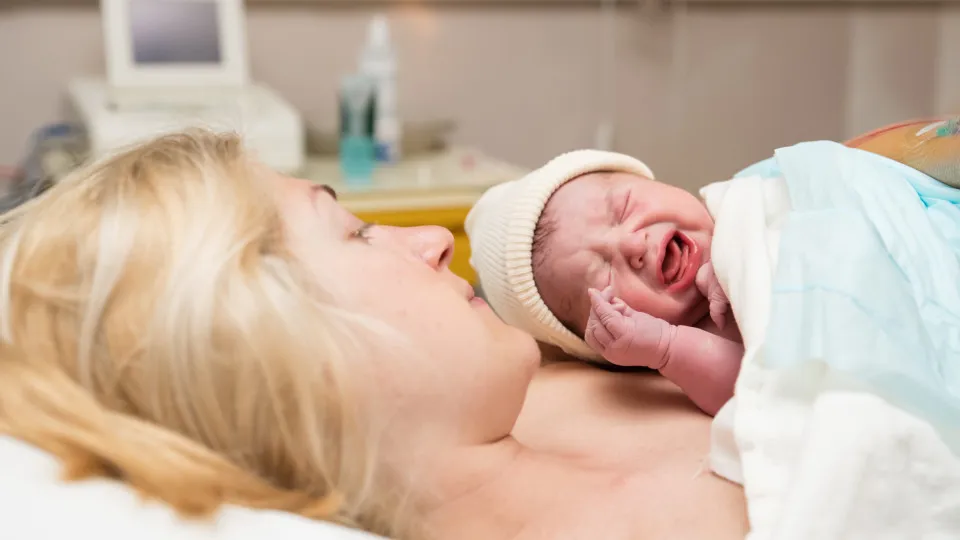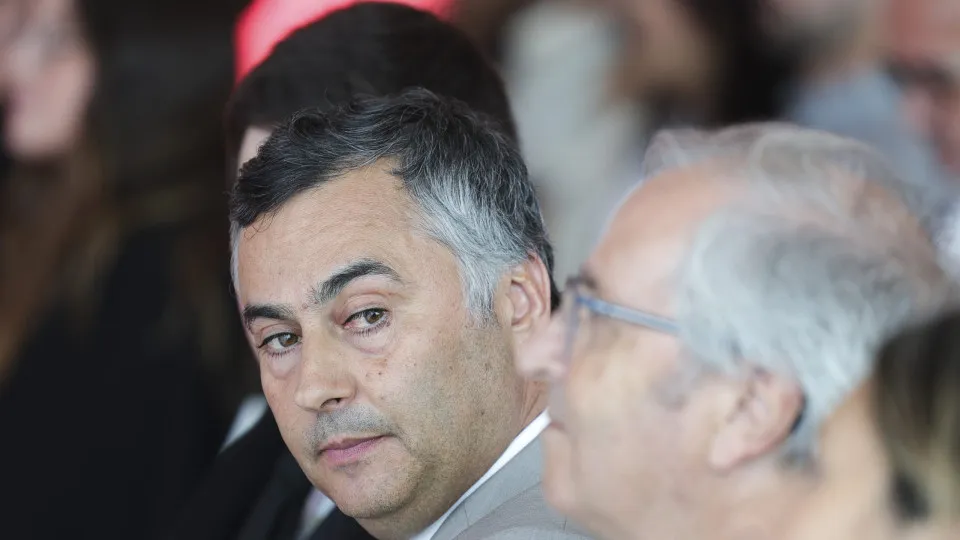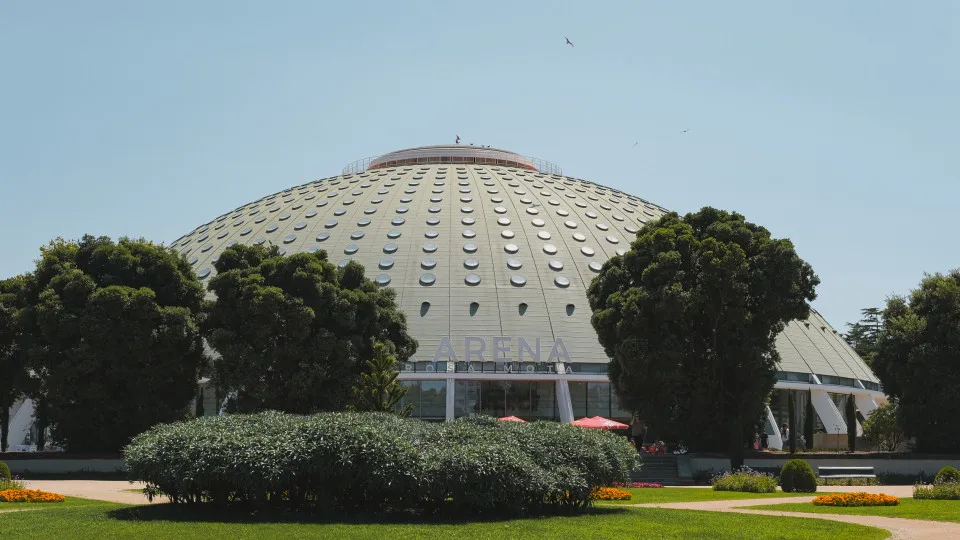
A joint statement issued today by the residents of Barreiro, Moita, Montijo, and Alcochete, alongside the Union of Trade Unions, asserts that they have always maintained that the rotational closure among emergency services would lead to the degradation of these services and eventually to their definitive closure.
“Regrettably, time has proven us right,” says the commission, indicating that the closure of Barreiro Maternity, “which the PSD/CDS government brought to the table through the voice of the Health Minister,” began under the PS Government with an absolute majority with the so-called “rotating closures.”
“The users and health professionals do not accept this closure and appeal for action against this intention announced by the PSD/CDS government, specifically by participating in large numbers next Thursday at the main entrance of Barreiro Hospital,” states the communiqué.
The National Federation of Doctors (FNAM) also announced today that it will be present at the protest at Barreiro Hospital (Nossa Senhora do Rosário Hospital).
In a statement, FNAM warns that “concentrating the regional gynecology and obstetrics emergency in Almada deprives the women of the entire Setúbal Peninsula of proximity care,” and that pregnant women on the south bank “continue to risk giving birth in ambulances and on the roads.”
This year, according to FNAM, 59 such instances have already been recorded.
“FNAM will stand alongside the Users’ Commission and advocates strengthening medical teams in all hospitals on the Setúbal Peninsula. Only urgent negotiations to improve doctors’ working conditions will ensure complete teams and quality proximity care,” the federation adds.
On September 17, Health Minister Ana Paula Martins announced in parliament the short-term creation of a regional obstetrics emergency in the Setúbal Peninsula, with Garcia de Orta Hospital in Almada operating permanently and Setúbal Hospital receiving cases referred by SNS 24 and INEM.
The minister, speaking at the Parliamentary Health Committee, also stated that in 2026 a tender would be launched for the creation of a Maternal and Child Center for the Setúbal Peninsula, “which will exist within the perimeter of Garcia de Orta Hospital.”
In response to this announcement, the mayor of Barreiro criticized the Health Minister for planning strategies without involving the local authorities of Setúbal Peninsula and assured “fierce opposition” to any potential end of the obstetrics emergency at the city’s hospital.
The mayor mentioned to agency Lusa that, based on the information that the local authorities have been reading, “as the Government’s contact has been non-existent,” it seems that obstetrics will remain at Nossa Senhora do Rosário Hospital in Barreiro, but not the specialty emergencies.
Nossa Senhora do Rosário Hospital belongs to the Local Health Unit of the Riverside Arc (ULSAR), which directly serves the municipalities of Barreiro, Moita, Montijo, and Alcochete, all in the Setúbal district.
According to Pordata statistics, these four municipalities currently have 232,604 residents.
ULSAR also includes Hospital Distrital of Montijo, and health centers of Alcochete, Barreiro, Quinta da Lomba, Moita, Montijo, and Baixa da Banheira.
The population of the Setúbal Peninsula region is 834,599 inhabitants, according to 2023 data from INE.
This region encompasses nine municipalities (Almada, Seixal, Barreiro, Moita, Montijo, Alcochete, Setúbal, Sesimbra, and Palmela) and is one of the most populous in the country.




